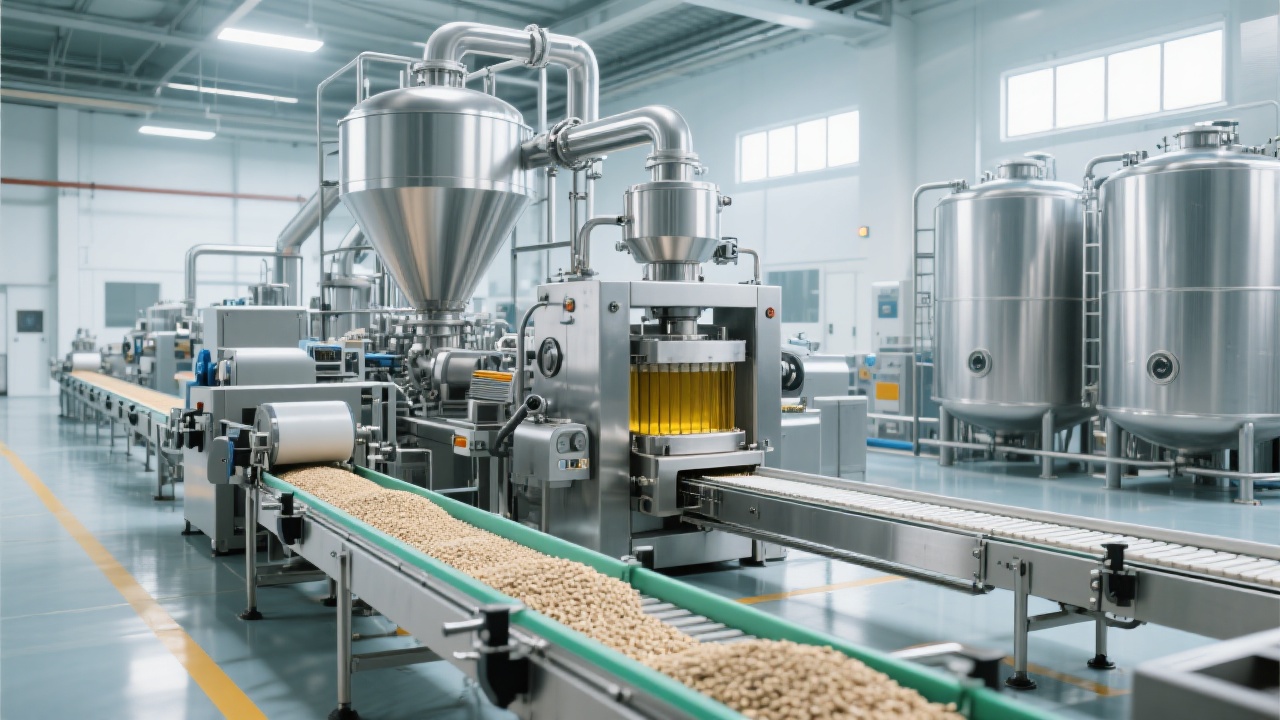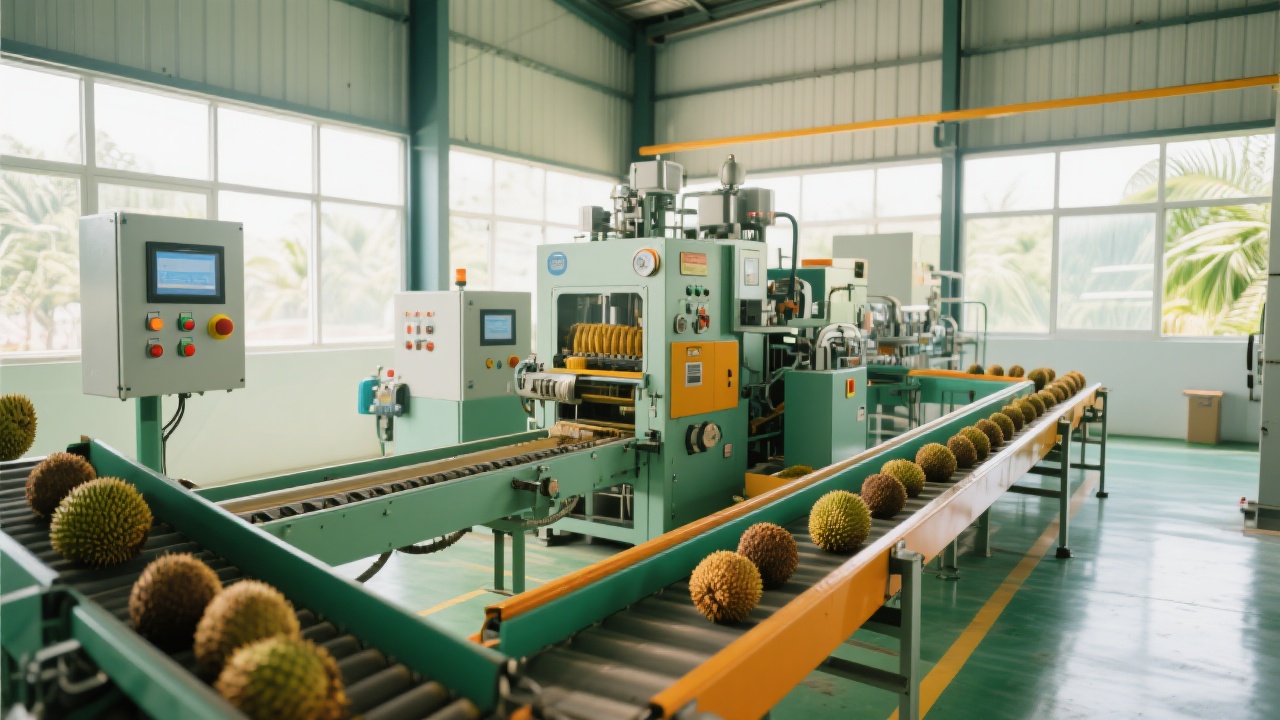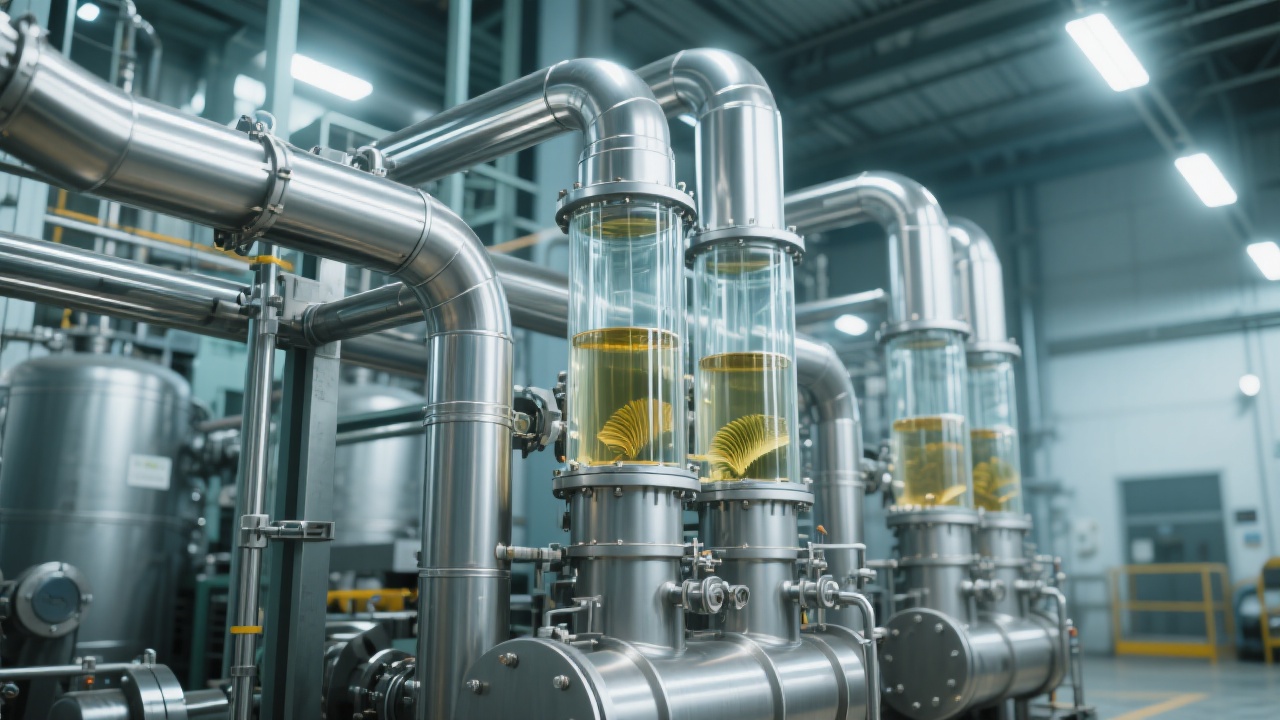
In the palm oil industry, advanced palm kernel oil production line equipment has become a pivotal factor in boosting operational efficiency and economic returns for palm plantations and processing enterprises. These production lines integrate cutting-edge technologies such as continuous steam sterilization, screw pressing with enhanced pressure control, and automated kernel shell separation, ensuring optimal extraction rates while maintaining oil quality.
What sets modern lines apart is their high degree of customization. Equipment configurations are tailored according to plantation scale, kernel variety, and intended output quality, accommodating both smallholder producers and large industrial operations. Modular designs allow seamless scalability, reducing downtime during capacity upgrades or maintenance.
One of the most critical challenges in palm kernel oil production is minimizing the residual oil content in the press cake. Data from multiple industry audits indicate that modern production lines reduce residual oil levels from average rates of 8–10% down to as low as 4%, representing a 50% improvement in oil recovery efficiency.
This enhanced extraction minimizes raw material wastage and maximizes volumetric output for the same kernel input. The incorporation of precise temperature and torque sensors enables real-time adjustments, ensuring optimal pressing pressure and preventing kernel overheating, which can degrade oil quality.
| Parameter | Traditional Equipment | Advanced Production Line |
|---|---|---|
| Residual Oil Content (%) | 8–10 | 3.5–4.5 |
| Throughput (tons/hr) | 5–10 | 15–25 |
| Energy Consumption (kWh/ton) | 50–60 | 35–40 |
Scaling palm kernel oil production lines to match different enterprise sizes is a strategic necessity. Small-scale growers benefit from compact models that prioritize excellent oil recovery with minimal footprint, while large producers leverage fully automated, high-capacity systems that integrate upstream kernel cracking and downstream refining modules.
This adaptability not only reduces capital expenditure risks but also aligns maintenance schedules and workforce requirements with business growth trajectories. Advanced lines also support batch processing or continuous modes, enabling flexible production management responsive to market demand fluctuations.
A prominent palm oil producer in Malaysia implemented a state-of-the-art palm kernel oil production line in early 2023. Prior to this upgrade, their residual oil content averaged at 9%, causing significant raw material losses and elevated processing costs.
After integration, the enterprise achieved:
This transformation translated into an estimated 18% increase in overall net profit within six months post-installation.

Beyond improving extraction efficiency, the modern palm kernel oil equipment promotes sustainability by reducing waste and energy consumption. Lowering residual kernel oil reduces the volume of press cake waste, which often requires costly disposal or recycling processes.
Moreover, optimized energy profiles contribute to lower carbon footprints, aligning with global sustainability targets. The economic ripple effect includes:

In increasingly competitive markets, enterprises leveraging cutting-edge palm kernel oil production lines stand out with consistent product quality, faster delivery, and lower production costs. These advantages enhance brand reputation and customer loyalty.
Furthermore, the modular design enables quick adaptation to regulatory changes and customer demands, boosting industry leadership. Many users report improved stakeholder confidence following adoption due to demonstrable operational efficiency gains.

For palm oil enterprises evaluating new production line investments, the following guidelines maximize return on investment:
Embracing state-of-the-art palm kernel oil production lines is not just a technology upgrade — it's a transformative business strategy to enhance productivity, sustainability, and competitive edge in the dynamic palm oil market.


